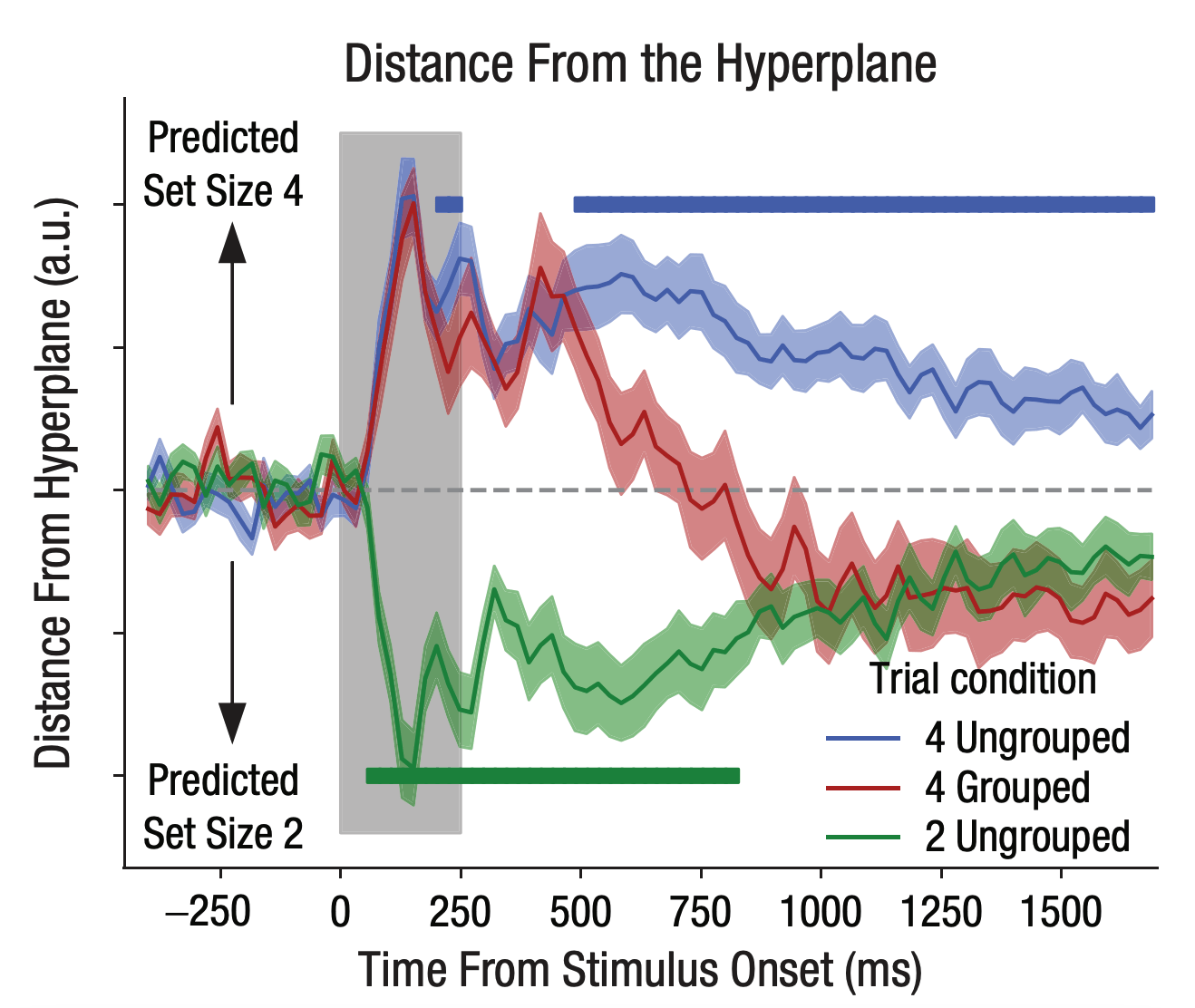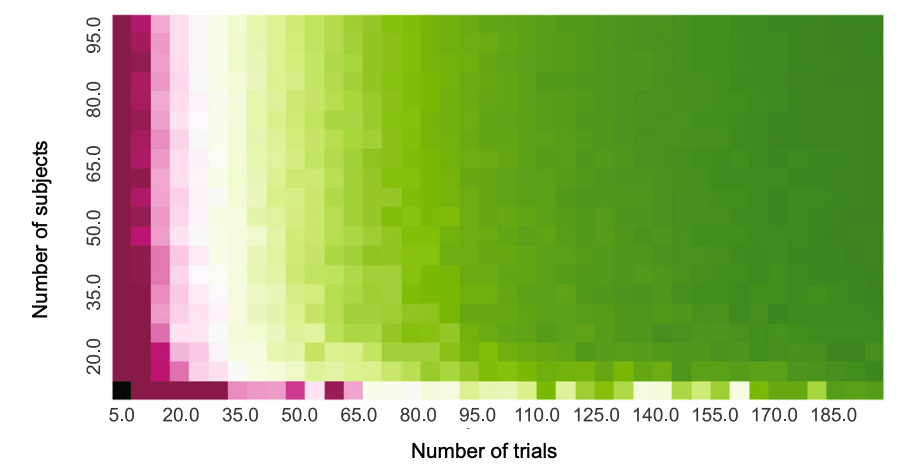The Institute for Mind and Biology at the University of Chicago enables research answering fundamental questions about the mind and its dynamic interaction with the biological systems of the body. Our researchers seek to understand the relationships between the mind, the brain and the body in health and in disease. Our institute is unique in bringing together a diverse group of researchers who investigate these questions in different model organisms using state of the art techniques.
Latest Research

Work from the Awh and Vogel lab found evidence for a distinct class of load-sensitive neural activity that indexes items without representing their contents per se. By analyzing electroencephalogram activity while adult human subjects stored varying numbers of items in visual working memory, Thyer et al. 2022, precisely tracked the number of individuated items stored in working memory and robustly predicted individual differences in working memory capacity.
Professor Leslie Kay reviews COVID-19 infection via the olfactory system and the potential consequences of the body’s inflammatory response. She discusses the potential long-term implications of neurodegeneration observed in cortical areas that have connections with the olfactory system.


